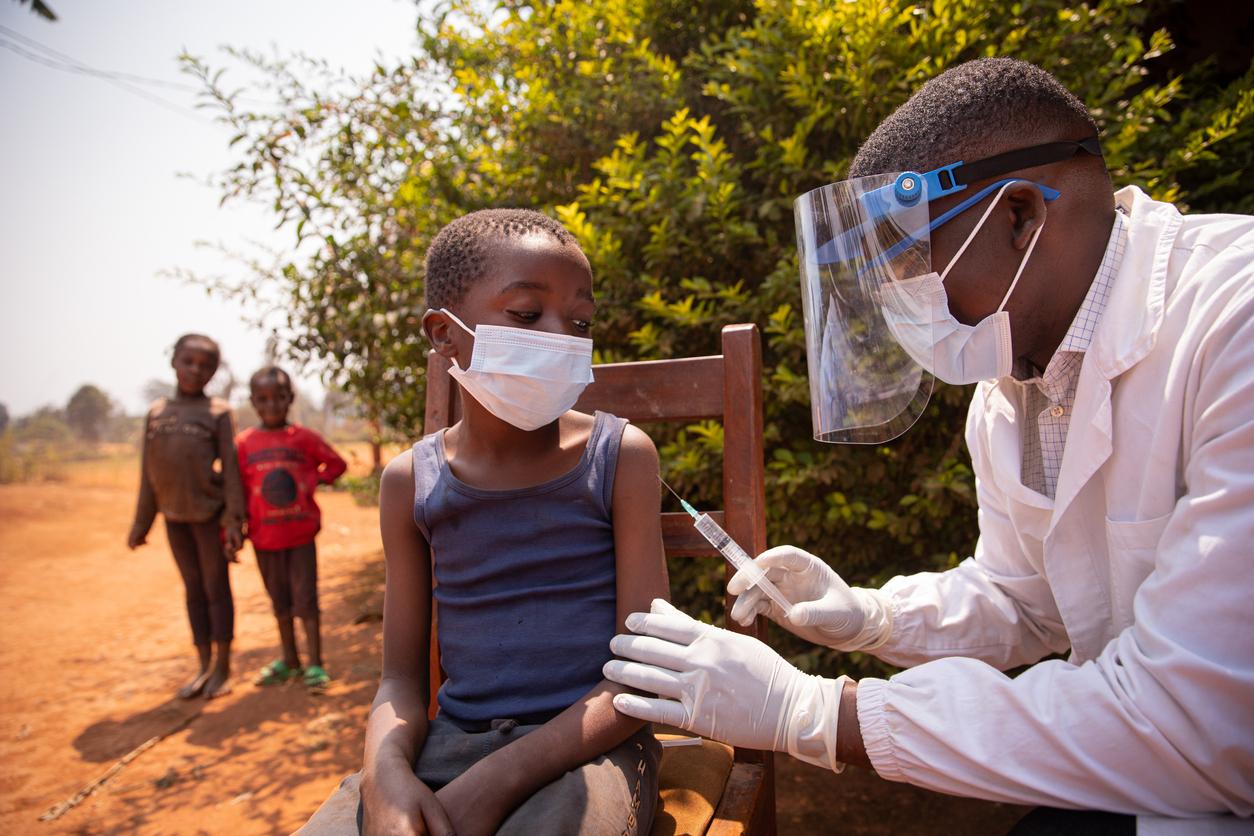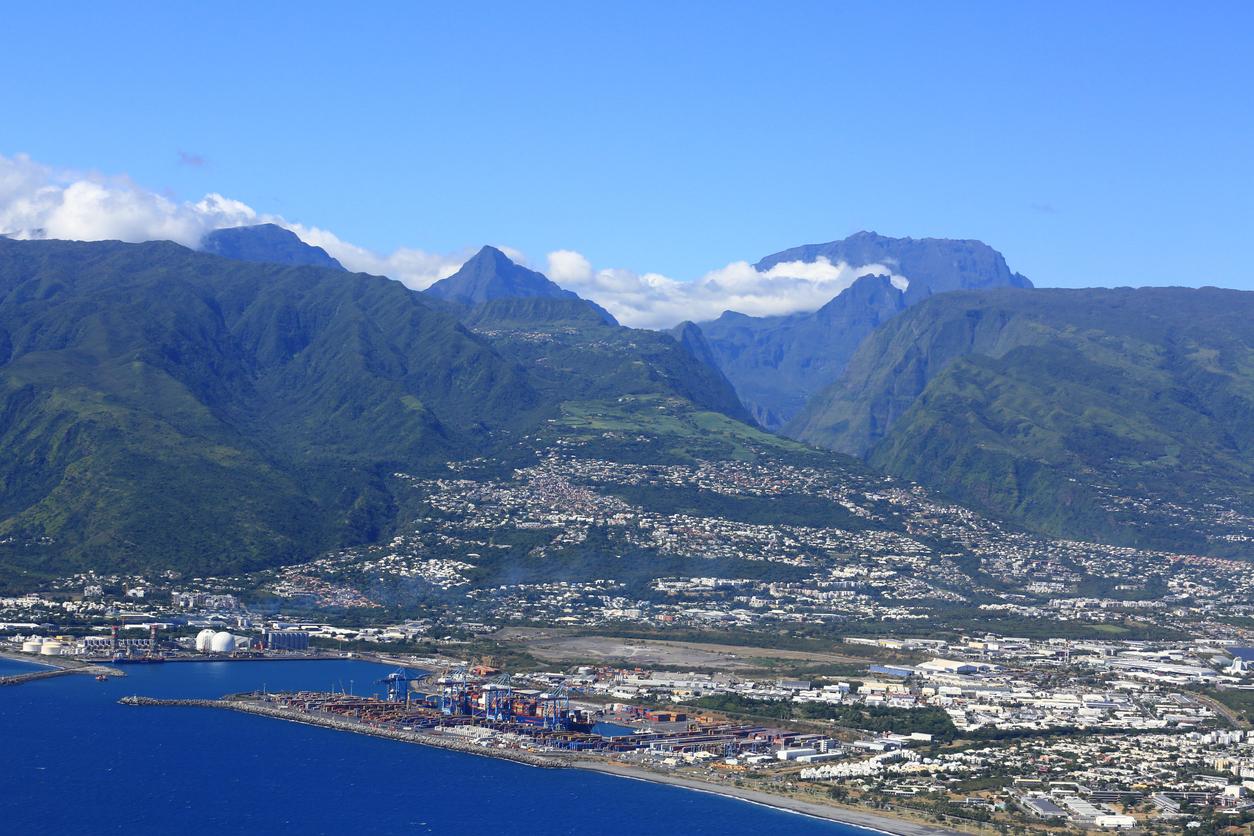Violence, the cholera epidemic and famine threaten the lives of nearly 10 million children in the country. The war deprives them of access to health care and water.

The numbers are staggering. In less than 72 hours, more than 10,000 new cases of cholera were reported in Yemen, bringing the number of sick people to 63,500, reports the UNICEF regional office in the Middle East. And every day, a thousand children with severe diarrhea arrive in hospitals across the country for treatment.
In just one month, 532 people lost their lives, including 109 children, warns the United Nations agency. “These data represent only verified cases. The real numbers should be much higher, ”she warns.
“Yemen is on the brink of disaster,” said Dr Meritxell Relaño, UNICEF representative in Yemen. The water treatment and distribution services as well as the health system have all collapsed. More than 27 million Yemenis find themselves in the midst of a ruthless humanitarian catastrophe. And the main victims of this man-made tragedy are children, the most vulnerable population ”.
Famine threatens
Violence and conflict have paralyzed the country for two years. The bombings devastated health infrastructure, depriving the population of essential health care, and pushing the country towards famine. NGOs today are unable to know the exact number of people affected by hunger. The United Nations Population Fund (UFPA) nevertheless alerted on Twitter that more than a million malnourished pregnant women are threatened by cholera, and need treatment.
Because the epidemic worsens the malnutrition of the inhabitants. Markets – at least those that are still lucky enough to be supplied – can no longer sell fruits, vegetables and fresh produce. A ban that adds to the shortage of many foodstuffs.
Shortage of chlorine
Markets also fail to supply Yemenis with chlorine so they can disinfect their water. However, “this is the only effective way to curb the cholera epidemic”, recently recalled Caroline Séguin, deputy head of operations for Médecins Sans Frontières (MSF) in the Middle East in Why actor.
Teams from the World Health Organization (WHO) and NGOs are sending more cargo planes with food, chlorine and medicines on board. Since the start of the epidemic, WHO has already chlorinated 24,000 tankers and 30,000 water tanks in the capital Sanaa. The challenge now is to reach all the provinces affected by the epidemic.
A cargo plane arrived yesterday at #Sanaa with on board 60 tons of chlorine and medicines to fight the epidemic of #cholera. https://t.co/YnyLmWNDFM
– MSF France (@MSF_france) May 31, 2017
.
















